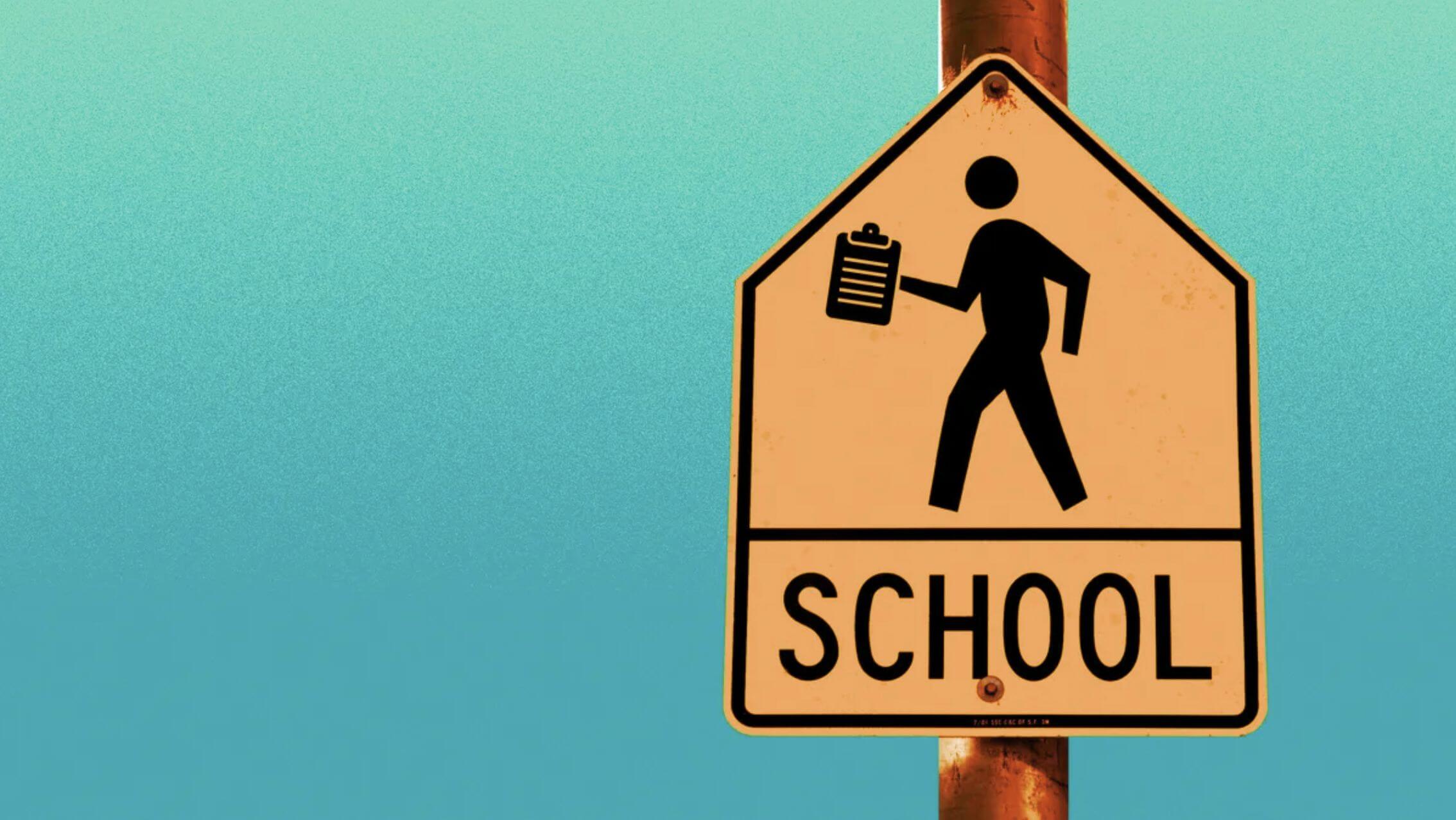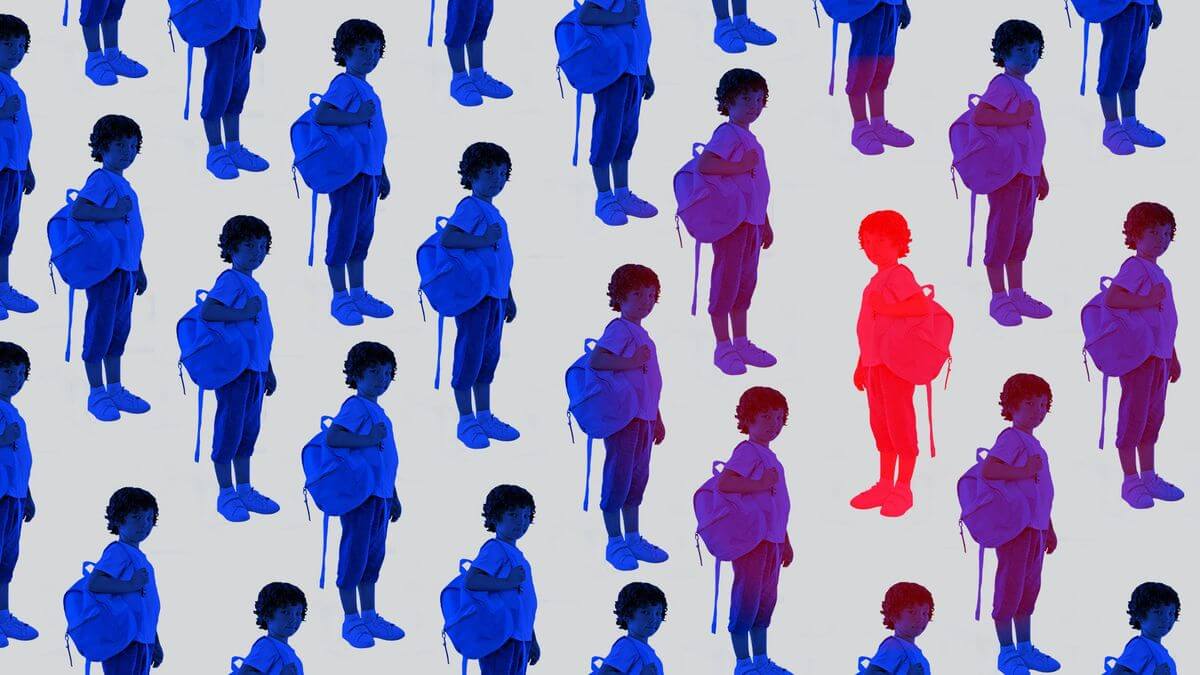6/9 Torchbearer Weekly Policy Update
Thank you for letting us be your trusted source for local, state, and federal policy updates. Let’s dig in…
- 401(k)a-ching
- 📈 Indiana's bankruptcy filings surge
- Trump's travel ban returns
- 📚 Indiana's new school accountability model
- 🎓 IPS pre-K program changes fees
- 🚀 Hoosier innovations showcased globally
- 🔍 Indiana's preschool program faces cuts
- Share the Torchbearer Newsletter with Your Network!
- Important Dates
401(k)a-ching

Americans are socking away a record percentage of their income in retirement accounts, according to a new analysis from Fidelity Investments.
- 💰The total 401(k) savings rate — when including employer contributions — hit an all-time high of 14.3% of gross incomes in the first quarter, Fidelity reports.
The big picture: Investment advisers say the ideal percentage is 15% — so we're almost there.
🤖 Between the lines: Automatic enrollment and automatic increases are a big reason for the higher rate.
📈 Indiana's bankruptcy filings surge

Bankruptcy filings in Indiana are climbing as consumers and businesses face economic pressures from housing costs, credit card debt, and student loans.
Why it matters: Rising bankruptcy rates indicate financial strain among Hoosiers, potentially signaling broader economic challenges.
- The U.S. Courts reported a 13.1% increase in national bankruptcy filings for the year ending March 31.
- Indiana's Southern District saw a 13.2% rise in cases, with a total of 9,695 filings in 2024.
The big picture: Attorneys are observing a mix of factors contributing to the uptick in filings, including the end of the student loan repayment moratorium and economic impacts from the pandemic.
- Corey Benjoya notes an increase in business bankruptcies related to COVID-era SBA loans.
- Matthew Cree highlights student loan debt and inflation as significant stressors for clients, particularly younger generations.
What's next: Experts predict continued high bankruptcy rates through 2025, driven by economic uncertainty and persistent inflation.
- Harley Means anticipates sustained commercial filings, particularly in the trucking and gambling industries.
- Jim Tamke notes ongoing financial struggles in the recreational vehicle industry in northern Indiana. (Indianapolis Business Journal)
Trump's travel ban returns

President Donald Trump has reinstated a travel ban affecting citizens from 12 countries, with restrictions on seven others, effective Monday.
Why it matters: This policy echoes Trump's earlier tenure, aiming to tighten U.S. borders under the guise of national security, but it faces criticism for potential discrimination.
- The ban includes Afghanistan, Myanmar, and Iran, with heightened restrictions for countries like Cuba and Venezuela.
- Critics argue it vilifies communities seeking safety and opportunity in America, as noted by Oxfam America.
The backdrop: Trump's 2017 "Muslim ban" faced chaos at airports and legal challenges, ultimately upheld by the Supreme Court in 2018.
- The current ban follows a report on "hostile attitudes" and visa overstay rates, citing security concerns.
- Afghanistan's inclusion, despite its refugee contributions, has drawn ire, highlighting moral and ethical criticisms.
What's next: As the ban takes effect, scrutiny continues over its implications for international relations and civil rights.
- Legal challenges and advocacy efforts are likely, as seen with previous bans.
- The response from the international community and domestic stakeholders will shape future discourse on immigration policies. (Indianapolis Business Journal)
📚 Indiana's new school accountability model

Indiana education officials have unveiled a draft of a new school accountability framework, shifting from the A-F grading system to a model that values diverse student skills.
Why it matters: The proposed model encourages schools to nurture individual student strengths, moving away from a single-test assessment approach.
- This change aligns with House Enrolled Act 1498, mandating a new accountability model by December 2025 and implementation in the 2026–27 school year.
- The framework will assess outcomes like academic proficiency, work-based learning, and soft skills.
The big picture: The model supports a broader assessment of student success, including checkpoints for academic and soft skills development.
- Schools will earn points based on student performance in areas such as attendance, college-level coursework, and soft skills.
- A final version is anticipated by December, with public comments shaping its refinement.
What's next: Stakeholder feedback will continue to refine the model, enhancing transparency and clarity for parents.
- Public comment periods and focus groups will gather input through the fall.
- The aim is to implement a student-centered approach that reflects real-world competencies and readiness for post-secondary success. (Indiana Capital Chronicle)
🎓 IPS pre-K program changes fees

Indianapolis Public Schools' pre-kindergarten program will no longer be universally free, shifting to a sliding fee scale based on family income.
Why it matters: High-quality pre-K programs boost school readiness and literacy skills, but without universal access, low-income families may face challenges in accessing quality education.
- Funding cuts and changes to the state's On My Way Pre-K grant program prompted IPS's decision.
Driving the news: Starting this fall, the IPS pre-K program will introduce three cost tiers.
- Families with incomes below 130% of the federal poverty level can attend for free.
- Those making between 130% and 185% of the federal poverty level will pay $100 weekly.
- Others will pay $150 weekly, still more affordable than some other local options.
Catch up quick: Recent state budget changes reduced funding for local districts and limited eligibility for pre-K and childcare vouchers.
- This has resulted in a waitlist for the programs, impacting access for many families. (Axios)
🚀 Hoosier innovations showcased globally

Indiana University students recently shared their groundbreaking innovations at the 2025 Global Entrepreneurship Congress in Indianapolis, marking a significant milestone for the city's entrepreneurial landscape.
Why it matters: This prestigious event, hosted in a U.S. city for only the second time, spotlights Indianapolis as a hub for global entrepreneurship.
- IU alum Mark Cuban delivered the keynote, drawing attention to local talent and innovation.
- IU students presented bold startup ideas to an international audience of policymakers and investors.
Zoom in: Meet two standout student innovators:
🏒 Alex Kaluzna co-created Capshock, a mechanical mouthguard that alerts athletes to potential concussion risks via a color-changing dye capsule, offering an affordable alternative to electronic solutions.
🎵 Kaitlin Pet co-founded PetsAloud, a platform synchronizing music and animation to engage younger audiences with classical music through innovative multimedia experiences.
Between the lines: Both startups aim to make significant impacts in their respective fields by addressing critical challenges and enhancing user experiences.
- Kaluzna emphasizes the learning opportunity presented by the congress, while Pet highlights the alignment of her work with her studies at IU. (Axios)
🔍 Indiana's preschool program faces cuts

Indiana will limit its state-funded preschool program to 2,500 children next year, less than half the current enrollment, with reduced reimbursement rates for preschools.
Why it matters: These cuts reverse years of progress in expanding access to high-quality pre-K for low-income families, potentially impacting educational outcomes and financial stability for many.
- The Indiana Family and Social Services Administration (FSSA) announced the cap due to funding constraints.
- The On My Way Pre-K program, once bolstered by federal aid, now faces sustainability challenges without state support.
Shrinking funding sources: The state previously used federal pandemic aid and the Child Care and Development Fund (CCDF) to expand the program, but these resources are now limited.
- Nearly 18,000 children are on the waitlist for CCDF, and the state will cease using these funds for pre-K next year.
Impact on families and providers: Reduced funding threatens the viability of childcare providers and increases financial pressures on low-income families.
- Maureen Weber of Early Learning Indiana warns of potential "child care deserts" as providers struggle to sustain operations.
- Without adequate childcare, families may face increased reliance on public benefits, affecting the state's economic health. (Indianapolis Business Journal)
Share the Torchbearer Newsletter with Your Network!

Not signed up for our weekly newsletter? Sign up today!
Important Dates:

We anticipate Legislative Council to meet in late May/early June to provide topics for interim study committees. We will report back any updates as they become public.
